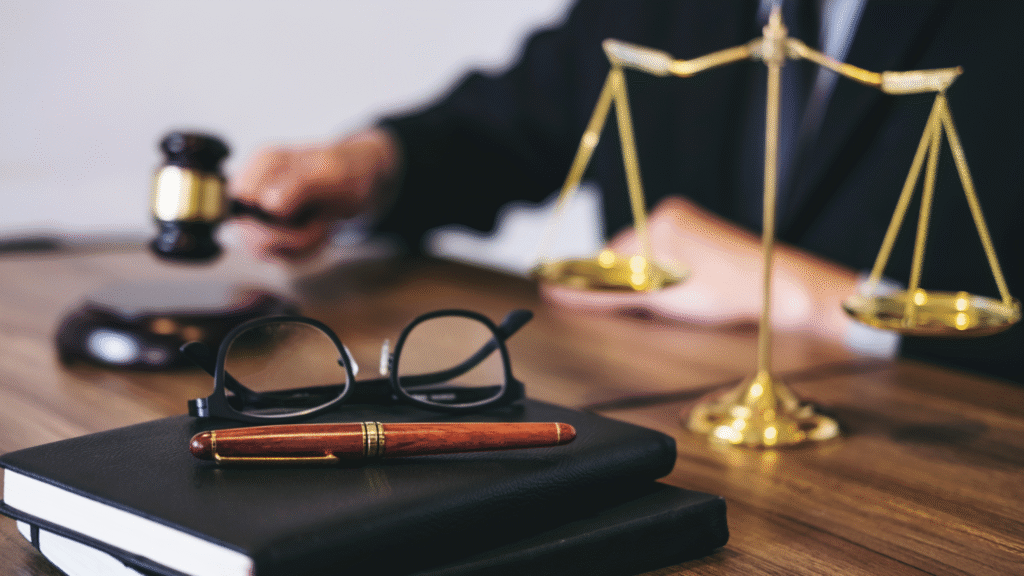The Art of Consensus—Mediation from A to Z: How does mediation work?
The mediation process can be divided into four stages: (i) concluding the agreement and selecting the mediator, (ii) pre-mediation, (iii) actual mediation, and (iv) post-mediation. This distinction is helpful, especially in preparing for future mediations. The first stage has already been discussed in earlier publications.[1]
Pre-mediation stage
At this stage, the mediator communicates with the parties, addressing all formal and technical issues related to the mediation process. If the case is at the court stage, the mediator has the right to review the case files, although each party may choose not to consent to this within a week of receiving the decision to refer the case to mediation. However, if the case is not yet at the court stage, it is advisable to draft a note outlining the case and presenting your perspective to the mediator.
In the pre-mediation stage, the most important task for the parties is to prepare adequately for mediation. You will find detailed instructions on this in the next, sixth part of the series of publications on mediation. It’s important to note that this is the crucial stage through which we can define our interests and goals.
Actual mediation
At this stage, the parties, along with the mediator, gather at the table (or in front of a computer screen for online mediation) and attempt to resolve the dispute through dialogue.
- Mediator’s Monologue
Mediation typically begins with the mediator presenting a so-called mediator’s monologue. In this monologue, you can expect to hear about the basic principles of mediation, the rules that will govern the mediation sessions, and the role of the mediator.
- Presentation of the Parties’ Perspectives
Next, each party shares its viewpoint on the dispute. At this point, it’s crucial that the participants can express themselves openly. This moment is vital in mediation, as it enables us to highlight our priorities and understand the other side’s reasons for engaging in mediation, along with their objectives and needs.
- Mediation Agenda
The next step is to set the agenda for the meeting (or the mediation process more broadly, if the mediation participants agree to several meetings). The parties themselves should take a significant role in this, as they know best what and why they want to discuss. However, throughout the entire process, the mediator can, and sometimes should, assist the parties in arranging the discussion in the most effective manner possible.
- Discussion of the mediation participants
After the aforementioned phases, negotiations between the parties occur with the involvement of a mediator. Within this process, we can identify the stage of exchanging information and presenting settlement proposals. If the parties do not exchange information, the likelihood of reaching a settlement decreases significantly. Without an understanding of the other party’s situation, needs, and challenges, we cannot tailor our proposals to the actual circumstances. For example, party A needs to obtain 50, and party B cannot offer more than 40. In such a case, both parties’ goals diverge. However, upon gaining specific information, it may become evident that even if party A has not met its goal at this moment, “turning a blind eye” to this inconvenience now may result in extended cooperation in the future, which will be globally beneficial to party A.
It should be emphasized that disclosing information, such as details about potential new contractors of the entrepreneur, despite the applicable confidentiality of mediation, may also lead to negative consequences regarding the use of that information, even indirectly, by the other party acting in bad faith. Therefore, it is crucial to carefully assess the negotiation situation of the party, both before and during mediation, as well as the appropriate responses of the mediator. If the other party unlawfully uses such information, it will be possible to pursue claims for damages against them.
- Individual meetings
During mediation, it is also possible to hold individual meetings, where the mediator first meets with one party and, if necessary, with the other party privately. These meetings aim, among other things, to break the impasse in negotiations. Sometimes, the parties may not feel confident in disclosing specific information for various reasons (see point 4), in which case they can consult with the mediator and ask for help in formulating an appropriate message. Many mediators also utilize this technique at the beginning of the mediation.
Post-mediation stage
The post-mediation stage begins when the parties reach an agreement. Subsequently, it may be necessary for the court to approve it, unless the parties voluntarily fulfill its provisions. Nevertheless, obtaining court approval for the agreement is beneficial for the parties, as it ensures that the agreement complies with the law. If the agreement is subject to enforcement, the court grants an enforcement clause, making it an enforceable title. Enforcement of the agreement is carried out based on general enforcement provisions.
It is important to remember, however, that the Court may refuse to grant an enforceability clause or approve the settlement in whole or in part if the settlement is: (i) contrary to the law; (ii) contrary to the principles of social coexistence; (iii) aimed at circumventing the law; (iv) incomprehensible; or (v) contains contradictions. Moreover, even if the case is referred to mediation by the court, the content of the settlement reached without the involvement of professional attorneys does not necessarily have to comply with legal provisions, particularly because the mediator is not required to have legal education or knowledge. It is important to note that the mediator is not obliged under the provisions of generally applicable law to draft the settlement, and therefore is not liable for the settlement failing to meet the conditions. Thus, it is also advisable to consider the involvement of a professional attorney during mediation, who will not only provide guidance on the most advantageous solution but will also prepare and review the content of the settlement.
[1]See jklaw.pl/sztuka-konsensusu- czy-mediacje-od-a-do-z-mediacje-w-sprawach-cywilne-mediacja-umowna-a-sadowa/; jklaw.pl/sztuka-konsensusu-niczy-mediacje-od-a-do-z-kto-moze-zostac-mediatorem/.














